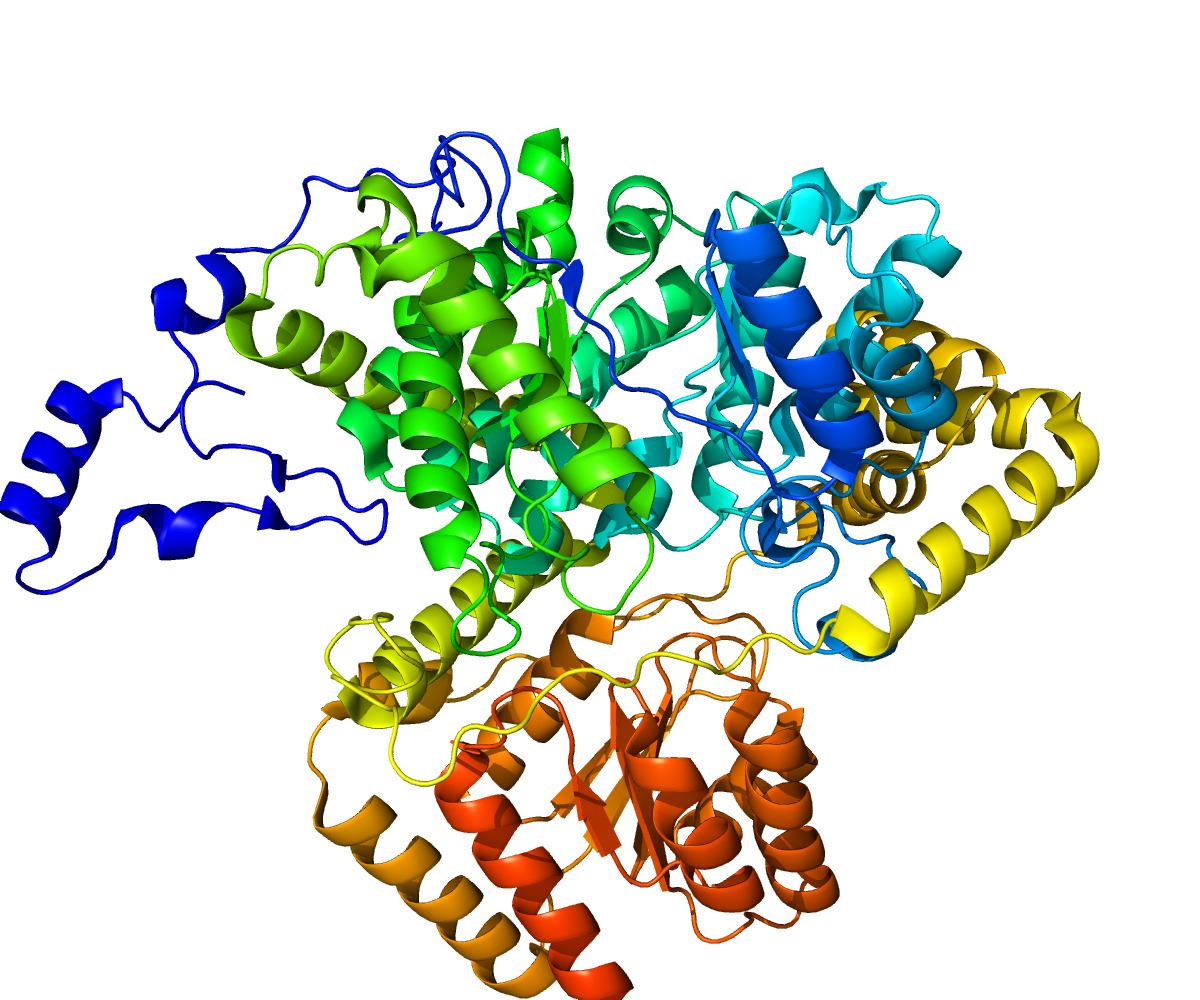
Methylmalonyl-Coenzyme A Mutase Deficiency is a rare genetic disorder that affects the body's ability to process certain fats and proteins. This condition can lead to a buildup of toxic substances in the blood, causing serious health issues. Symptoms often appear in infancy and can include vomiting, dehydration, developmental delays, and even life-threatening complications. Early diagnosis and treatment are crucial for managing the disorder and improving quality of life. Treatments may involve a special diet, supplements, and regular monitoring by healthcare professionals. Understanding this condition can help families and caregivers provide better support for affected individuals.
Key Takeaways:
- Methylmalonyl-Coenzyme A Mutase Deficiency is a rare genetic disorder causing harmful substance buildup. Early diagnosis and proper management are crucial for improving quality of life.
- Treatment options include low-protein diet, supplements, and potential transplantation. Ongoing care, support groups, and research offer hope for better understanding and future treatments.
What is Methylmalonyl-Coenzyme A Mutase Deficiency?
Methylmalonyl-Coenzyme A Mutase Deficiency is a rare genetic disorder that affects the body's ability to process certain fats and proteins. This condition can lead to a buildup of harmful substances in the body, causing various health issues. Let's dive into some intriguing facts about this condition.
-
Methylmalonyl-Coenzyme A Mutase Deficiency is also known as Methylmalonic Acidemia.
-
This disorder is caused by mutations in the MUT gene.
-
The MUT gene provides instructions for making an enzyme called methylmalonyl-CoA mutase.
-
This enzyme plays a crucial role in breaking down certain amino acids and fats.
-
Without proper enzyme function, toxic substances accumulate in the blood and tissues.
Symptoms of Methylmalonyl-Coenzyme A Mutase Deficiency
The symptoms of this condition can vary widely, making it challenging to diagnose. Here are some common signs to look out for:
-
Vomiting and dehydration are frequent early symptoms.
-
Affected individuals may experience lethargy and weakness.
-
Developmental delays are common in children with this deficiency.
-
Some may have seizures due to the buildup of toxic substances.
-
Failure to thrive is another significant symptom, especially in infants.
Diagnosis and Testing
Diagnosing Methylmalonyl-Coenzyme A Mutase Deficiency involves several tests and evaluations. Here are some key points:
-
Newborn screening can detect this condition early.
-
Blood tests can reveal elevated levels of methylmalonic acid.
-
Urine tests are also used to measure methylmalonic acid levels.
-
Genetic testing can confirm mutations in the MUT gene.
-
Early diagnosis is crucial for managing the condition effectively.
Treatment Options
While there is no cure for Methylmalonyl-Coenzyme A Mutase Deficiency, various treatments can help manage the symptoms and improve quality of life.
-
A low-protein diet is often recommended to reduce the buildup of toxic substances.
-
Vitamin B12 supplements can be beneficial for some patients.
-
Carnitine supplements may help the body process fats more effectively.
-
Antibiotics can be used to reduce the production of toxic substances by gut bacteria.
-
In severe cases, liver or kidney transplantation might be considered.
Living with Methylmalonyl-Coenzyme A Mutase Deficiency
Managing this condition requires ongoing care and attention. Here are some important aspects of living with this deficiency:
-
Regular monitoring of blood and urine is essential to track methylmalonic acid levels.
-
Nutritional counseling can help patients maintain a balanced diet.
-
Emergency care plans should be in place for metabolic crises.
-
Support groups can provide emotional and practical support for families.
-
Genetic counseling is recommended for families planning to have children.
Research and Future Directions
Ongoing research aims to improve the understanding and treatment of Methylmalonyl-Coenzyme A Mutase Deficiency. Here are some exciting developments:
-
Gene therapy holds promise for correcting the underlying genetic mutations.
-
Enzyme replacement therapy is being explored as a potential treatment.
-
Stem cell research may offer new avenues for treatment in the future.
-
Clinical trials are ongoing to test new therapies and interventions.
-
Increased awareness and education can lead to earlier diagnosis and better management of the condition.
Final Thoughts on Methylmalonyl-Coenzyme A Mutase Deficiency
Methylmalonyl-Coenzyme A Mutase Deficiency, a rare metabolic disorder, affects the body's ability to process certain fats and proteins. This condition can lead to severe health issues if not managed properly. Early diagnosis and treatment are crucial for improving the quality of life for those affected. Genetic testing plays a vital role in identifying this disorder, allowing for timely intervention. Dietary management, along with vitamin B12 supplements, can help control symptoms and prevent complications. Ongoing research aims to find better treatments and, hopefully, a cure. Understanding this condition better can lead to more effective care and support for patients and their families. Stay informed and proactive in managing health to ensure the best possible outcomes.
Frequently Asked Questions
Was this page helpful?
Our commitment to delivering trustworthy and engaging content is at the heart of what we do. Each fact on our site is contributed by real users like you, bringing a wealth of diverse insights and information. To ensure the highest standards of accuracy and reliability, our dedicated editors meticulously review each submission. This process guarantees that the facts we share are not only fascinating but also credible. Trust in our commitment to quality and authenticity as you explore and learn with us.
